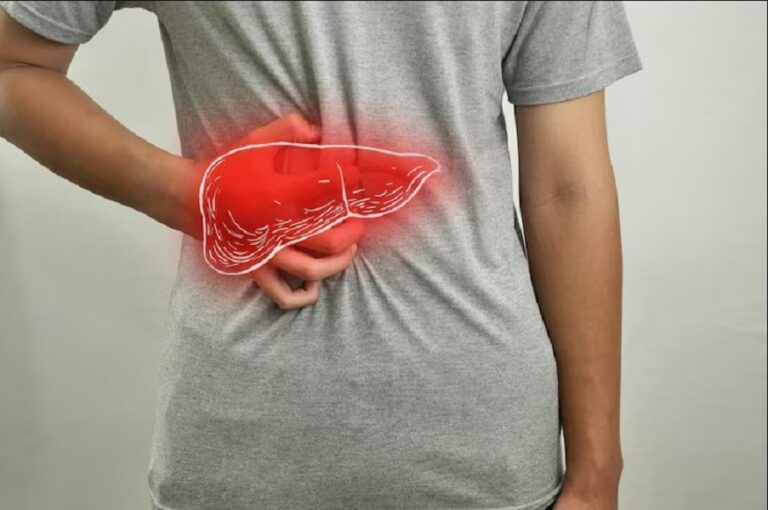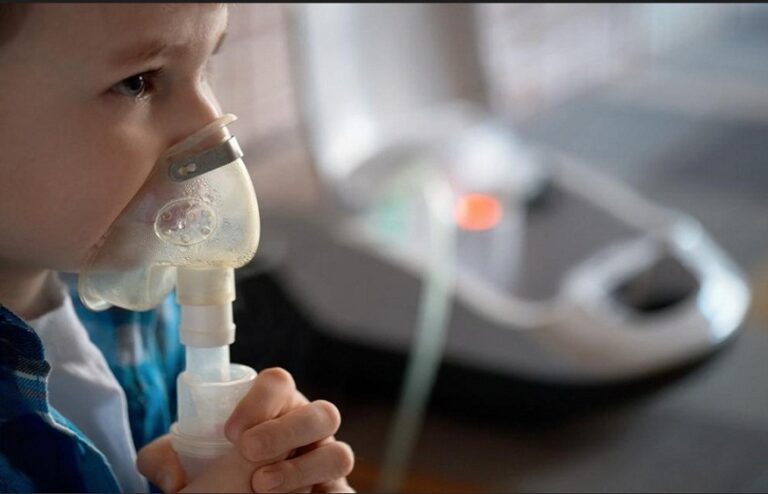Transcranial Magnetic Stimulation, popularly known as TMS therapy, is one of the most promising treatments to have come up for the treatment of depression and other mental disorders. Unlike traditional forms of treatment, TMS does not use medication or invasive procedures, hence an attractive option for many.
How Does TMS Therapy Work?
TMS therapy uses the principle of magnetic fields that stimulate the nerve cells in the brain. During a session, an electromagnetic coil is placed on the scalp of the patient. This coil generates magnetic pulses to target specific areas of the brain involved in mood regulation. These pulses can enhance neuronal activity and, hence, potentially improve symptoms of depression.
Benefits of TMS Therapy
The other advantage of the TMS therapy is that it is non-invasive: Patients always remain awake during the procedure, and anaesthesia is rarely, if ever, used. Each session takes approximately 30 to 60 minutes; afterward, individuals can immediately go back to their day.
Another advantage is that its side effects are minimal, far less than that of the conventional antidepressant medications. Some patients complain about a little discomfort or headache, but these are temporary and usually self-limiting.
Efficacy and Consideration
TMS Therapy Long Beach has been proven to be effective in various clinical trials, especially for those who had unsatisfactory results from conventional treatments. It is one of the worth trying treatment methods for major depressive disorder, especially in those where conventional therapy has failed.However, not everyone may be a candidate for TMS therapy. It is, therefore, recommended that every patient discuss their specific conditions with the healthcare provider in an attempt to make appropriate decisions whether the TMS modality best fits each case.This treatment is usually designed for major depressive disorder; it has also been quite effective in other mental disorders. These magnetic pulses targeted in TMS therapy affect those areas of the brain that regulate mood and can potentially improve symptoms of depression and anxiety.
Conclusion
TMS therapy is a leap in the treatment of mental health disorders. Utilising magnetic fields to elicit brain activity presents a non-invasive and largely side effect-free treatment for patients with depression. As research continues, TMS therapy might prove a very significant part of mental healthcare.












+ There are no comments
Add yours